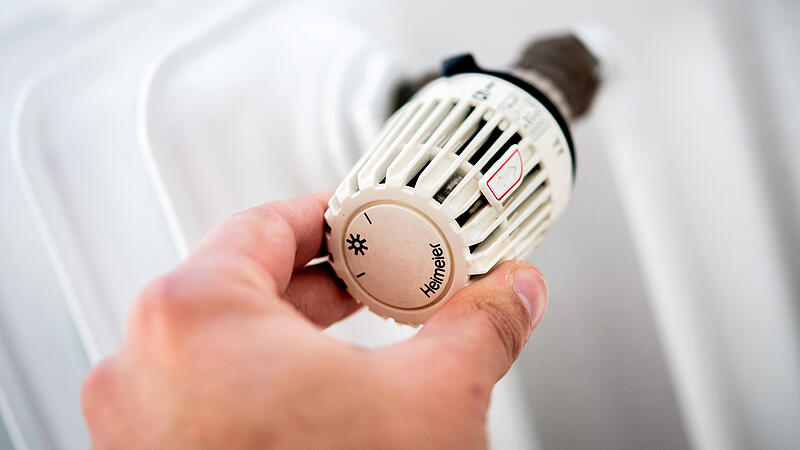This is the result of the energy price index of the Austrian Energy Agency. Price increases by major suppliers for electricity, gas and district heating also had an impact. According to the Energy Agency, a substantial relaxation for household customers is not to be expected in the short term, but the government’s electricity price brake will come into force from December.
Compared to the previous month of August, household energy was 10.7 percent more expensive, which was the second highest increase after March 2022 since records began in 2022. Energy prices have thus continued their upward trend after a slight decline in August and thus remain the central one drivers of inflation. Almost half of September’s inflation rate of 10.5 percent can be directly attributed to increases in household energy prices, according to the Energy Agency. The prices for diesel would have the greatest influence, followed by electricity and gas. The increase in diesel is around 50 percent lower than in other energy sources, but due to the great importance of fuel for the average consumer, the influence of the diesel price on general inflation is significant.
Premium petrol cost 30.5 percent more in September than in the previous year and 5.6 percent less than in the previous month. This is the third month in a row that the price of petrol has fallen in a month-on-month comparison. The diesel price was 52.7 percent higher than in September 2021 and increased by 3.5 percent compared to August 2022. A typical tank filling of 50 liters cost an average of just under 100 euros in September this year. Diesel thus remained more expensive than premium petrol.
The price of heating oil rose 105.3 percent year-on-year and 2.5 percent month-on-month.
In the case of electricity, gas and district heating, the increases in electricity, gas and district heating that came into effect at the beginning of September had an impact on many households. For example, Wien Energie and EVN have raised electricity and gas prices. However, the energy agency emphasizes that there are major regional differences.
Natural gas 113.5 percent more expensive
According to the Energy Price Index (EPI), the price of natural gas has doubled year-on-year by 113.5 percent. Compared to August, gas was 28.1 percent more expensive. Electricity cost 36.8 percent more than a year ago and 22.2 percent more than in the previous month. These price increases are broadly in line with developments on wholesale markets, especially gas markets.
Household prices for district heating were 61.5 percent higher than in September last year and 35.9 percent higher than in August this year. According to the energy agency, however, district heating prices vary greatly from region to region, since the prices depend largely on the fuels used.
Wood pellets were 148.2 percent more expensive in September than a year ago and 25.8 percent more than in August. Energy agency expert Karina Knaus explains that there is a supply capacity problem with pellets that affects logistics both internationally and regionally and locally. A change in purchasing behavior compared to previous years could also play a role: people buy earlier and in larger quantities. Inflation also plays a role – keyword inflation effect, which can make storage attractive from an economic point of view. And finally, the demand for pellets will increase overall. However, a detailed assessment of which factors are driving up prices and to what extent is not possible with the available data.
The price of firewood rose 67.9 percent year-on-year and 10.3 percent month-on-month.
According to the press release, Energy Agency Managing Director Franz Angerer warns against switching to the electric fan heaters that are available everywhere as a replacement heating system: “While used for a short time, a fan heater can help against cold feet, but fan heaters cannot replace a heating system.” Fan heaters and other electrically operated heating devices require a lot of electricity and are always a very expensive solution. Each additional fan heater also causes additional gas consumption in the gas power plants and thus thwarts efforts to reduce gas consumption.
Source: Nachrichten




